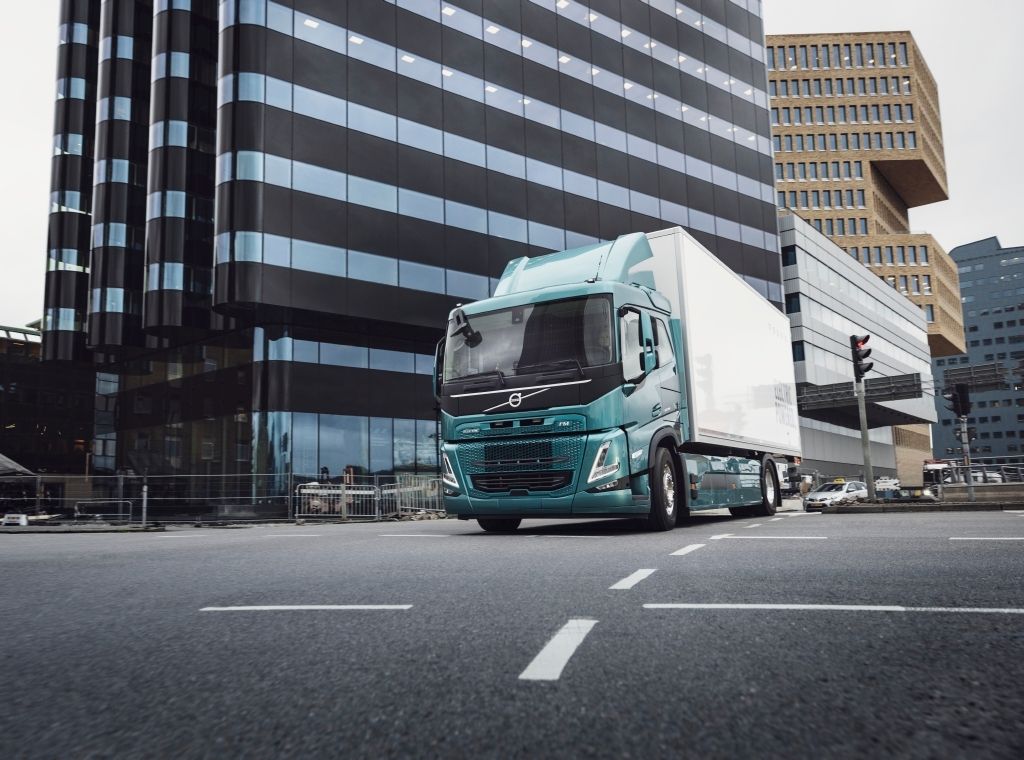Volvo Trucks starts selling electric trucks in South Korea


South Korea has a national plan to decrease CO2 emissions and aims for carbon neutrality by 2050. Electrifying road transports is one important measure to cut CO2.
“We think the timing is just right to start selling heavy electric trucks in South Korea,” says Per-Erik Lindström, SVP Volvo Trucks International, and continues: “With 22% market share for heavy-duty trucks in South Korea, we have an important role to play in order to lower the transport sector’s CO2 emissions.”
Volvo Trucks goal is for 50% of the new trucks it sells globally by 2030 to be electric. Since it started production of fully electric trucks in 2019, the company has sold more than 4,300 electric trucks in over 38 countries around the world.
Volvo Trucks was the first global manufacturer to start serial production of heavy electric trucks and has a broad electric line-up with a total of six electric heavy trucks. Initially, three of these models will be sold in South Korea.
Volvo Trucks sees that many types of transport needs can be electrified in South Korea, ranging from urban distribution and refuse disposal to regional transportation and construction traffic.
As a comparison, statistics in Europe show that almost half of all goods are transported less than 300 km. This means that a very large portion of transports can be carried out with the electric trucks, that can be charged at the hauliers' home-depot.
“The situation is similar in most countries,” explains Per-Erik Lindström. “Large flows of goods are transported short distances where electric trucks work very well. So, when an expanded public network of charging stations is developed, even more transports can be electrified.”
There are many different factors that affect how quickly the transition to electric goes.
“It’s obvious that the speed of the electric transition in any country is very dependent on the decisions the authorities make. We see that in the countries that are leading the transition to electric trucks, the progressive governments have combined economic incentives with targeted taxes and environmental zones in cities to greatly speed up the adoption of electric trucks," states Per-Erik Lindström.
Please note:
LINK to high resolution images
Jan Strandhede
Media Relations Director, Volvo Trucks
Tel: +46 31 3233715
Email: jan.strandhede@volvo.com
Volvo Trucks supplies complete transport solutions for discerning professional customers with its full range of medium- and heavy-duty trucks. Customer support is provided via a global network of dealers with 2,300 service points in about 130 countries. Volvo trucks are assembled in 12 countries across the globe. In 2022 approximately 145,000 Volvo trucks were delivered worldwide. Volvo Trucks is part of the Volvo Group, one of the world’s leading manufacturers of trucks, buses, construction equipment and marine and industrial engines. The group also provides complete solutions for financing and service. Volvo Trucks’ work is based on the core values of quality, safety and environmental care.